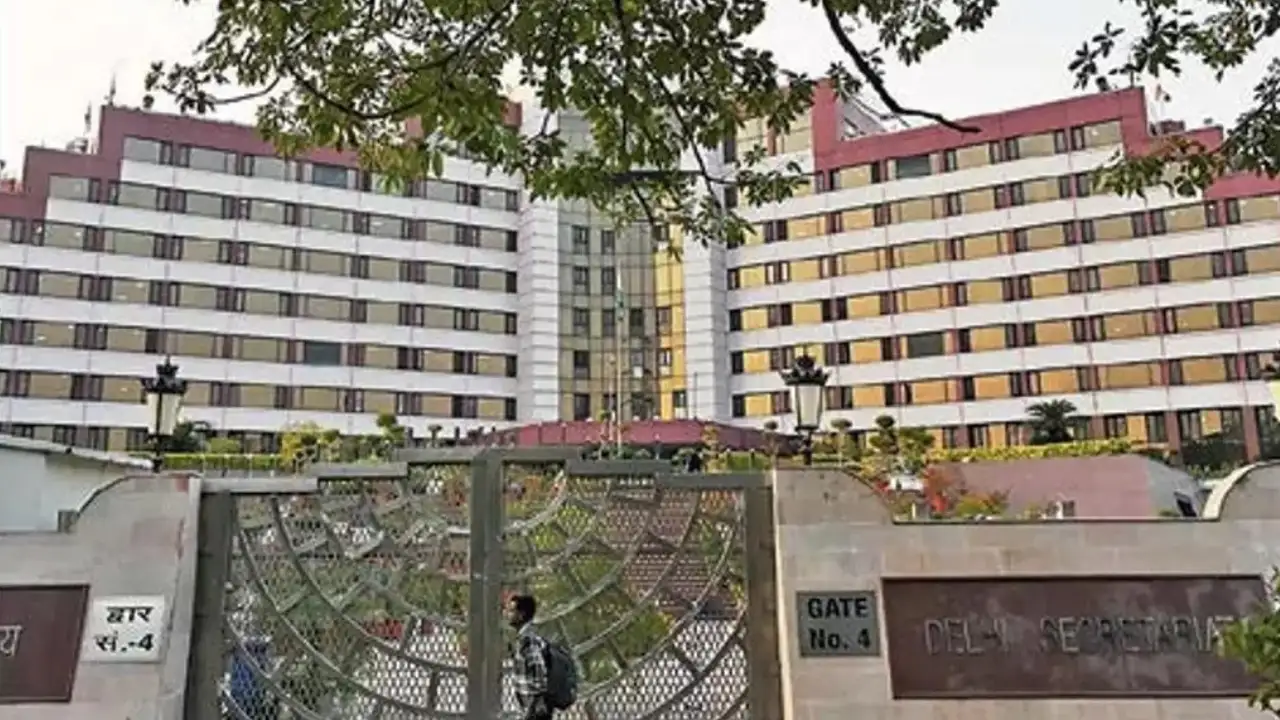Delhi’s Chief Minister chaired a high-level review meeting on Friday, urging swift execution of key welfare schemes and projects. Senior bureaucrats and departmental heads from across sectors were summoned to present progress on initiatives encompassing education, health, transport, water supply and civic amenities.
A clear directive was issued to align governance with accountability, laying out a structured timeline for deliverables spanning 100 days, six months and nine months. Emphasising outcome-driven governance, the Chief Minister stressed that mere announcements were inadequate and that timely execution with measurable results must remain the focal point of every department. Underlining the administration’s commitment to transparency and sustainable development, departments were instructed to prioritise systematic planning and real-time monitoring. Officers were told to submit comprehensive working charts and progress reports to the Chief Secretary on a regular basis, ensuring seamless interdepartmental coordination. The review signalled a renewed push to build a responsive and empathetic governance framework, especially in areas that directly impact everyday lives. From medicine availability in hospitals to civic grievances such as waterlogging and pollution, each issue was discussed with urgency, setting a tone of zero tolerance for administrative inertia. The government reiterated its resolve to ensure uninterrupted access to essential public services while strengthening infrastructure to meet the evolving needs of Delhi’s growing population.
With the capital city confronting complex urban challenges, the Chief Minister’s intervention comes at a time when citizens are demanding not just better services but faster delivery and proactive governance. Highlighting a citizen-first approach, she made it clear that diligent officers would have the full support of the administration, but inefficiency or negligence would invite strict action. By calling for finalised action plans across all departments, the government aims to transform the capital into a model city—one that is equitable, inclusive, and climate-conscious. Attention was particularly drawn to improving the public grievance redressal mechanism, an area that has often drawn criticism. Officials were directed to make the system more empathetic and solution-oriented, thus reinforcing the state’s commitment to participatory governance.
As Delhi continues to wrestle with its infrastructural and environmental concerns, this meeting has set the stage for a performance-linked governance model that prioritises citizens’ needs. The government’s intent to drive results over rhetoric was clearly conveyed through the Chief Minister’s remarks, placing public interest at the core of every developmental decision. The message was unequivocal: delivery of promises matters more than announcements, and quality of work is non-negotiable. The push for cohesive departmental action within defined timelines offers a potential blueprint for urban transformation if executed diligently. In a city as diverse and dynamic as Delhi, coordinated governance could serve as the fulcrum for equitable growth and improved quality of life for all its residents.



